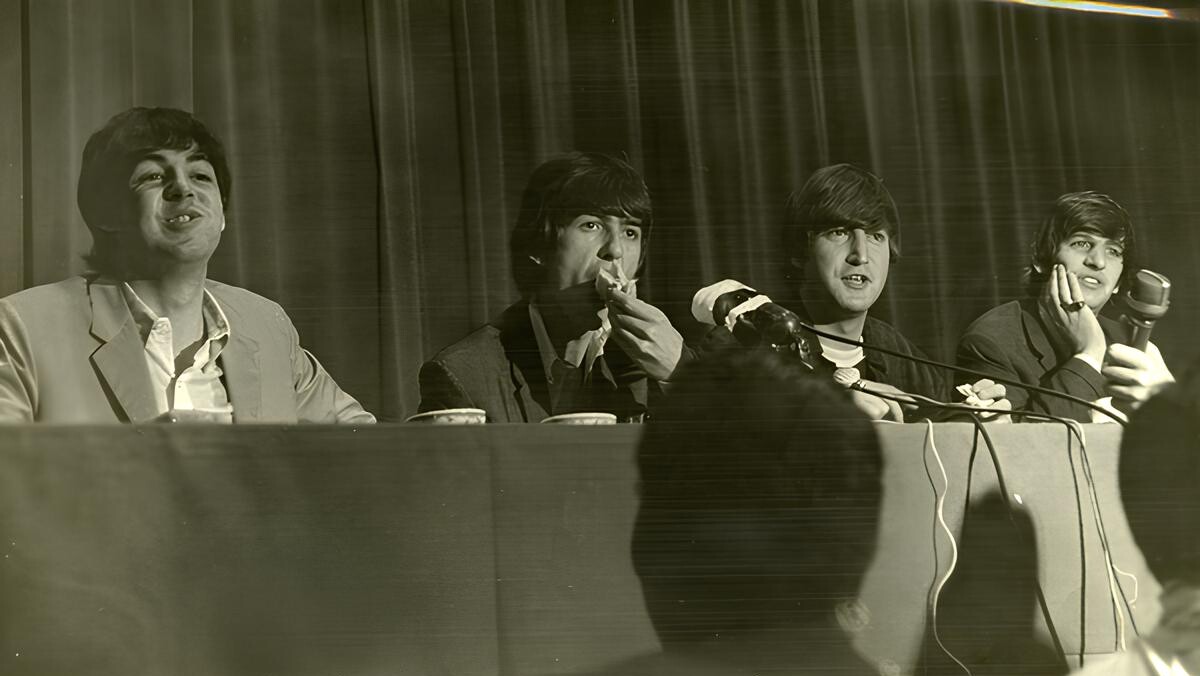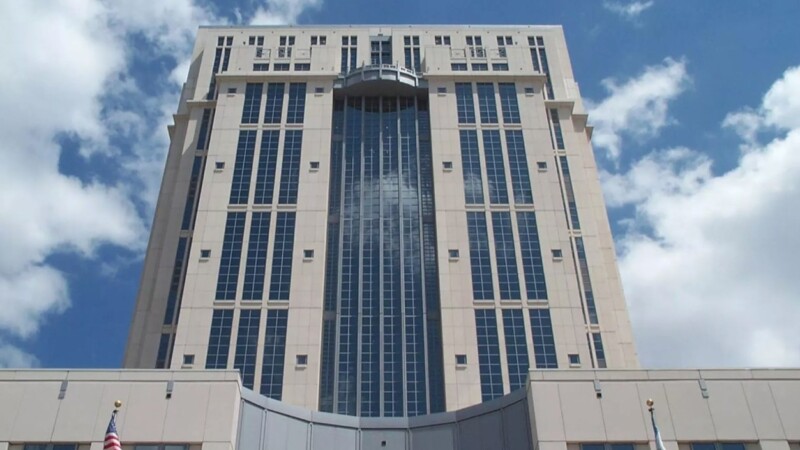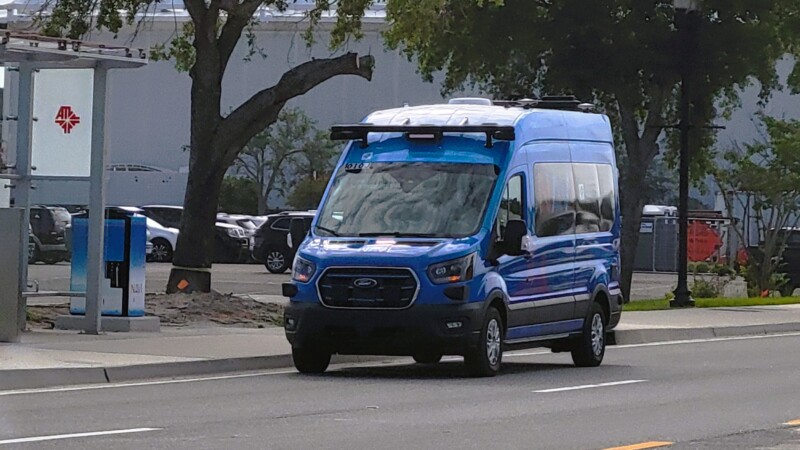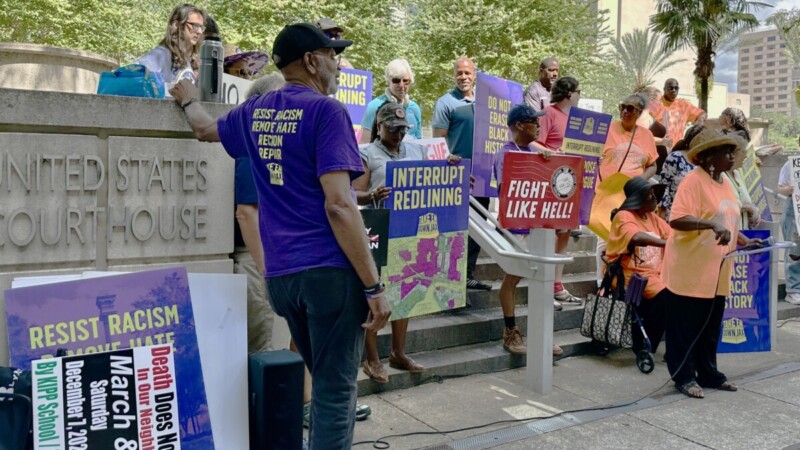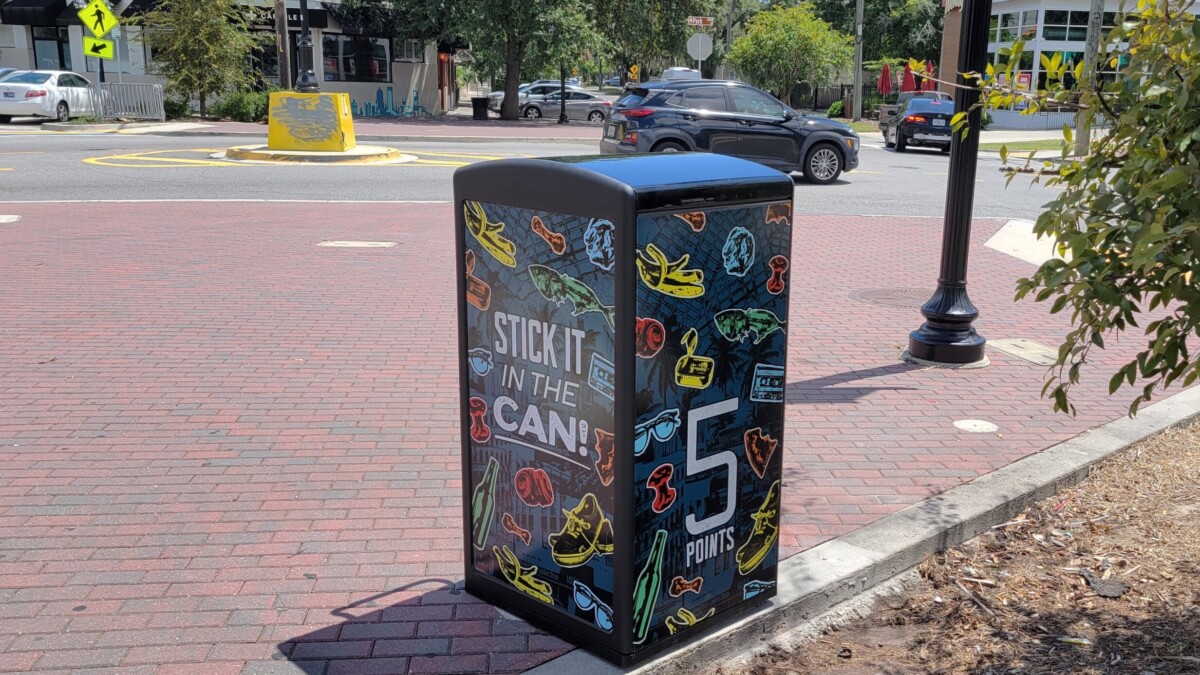On Thursday, Sept. 12, a tribute cover band and two noted historians will revisit what was the first major racially integrated concert in the Southeast almost exactly 60 years ago, when the Beatles took the stage at Jacksonville’s Gator Bowl.
One of those historians, Kitty Oliver, was a rising high school senior growing up on Jacksonville’s Westside when the Civil Rights Act was signed into law July 2, 1964. The months following, she recalls, were filled with uncertainty, and aside from being able to now walk into the public library Downtown, “Daily life wasn’t changing…we were still living segregated, separate existences.”
That would all change for Oliver when she heard the Beatles were coming to Jacksonville to play at the Gator Bowl in September. Oliver was a huge Beatles fan. She bought their albums and knew all the lyrics by heart. She wanted to be there. Her dream would come true when the British band told concert organizers they would not play for a segregated audience.
“The Gator Bowl date was promoted on the radio station I listened to all the time and the announcements started early enough for me to devise a plan to make enough money to buy my ticket [chores at home and running errands for neighbors],” says Oliver, who grew up to be a journalist, oral historian, author and producer. “Maybe I had some hesitation about whether I would be admitted. Everything was a new racial experience during that time.”
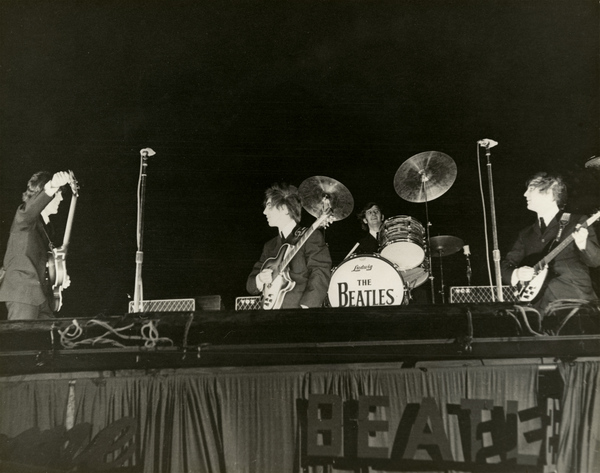
Sixty years later Florida Humanities, the statewide nonprofit affiliate of the National Endowment for the Humanities, will explore that transformative time in history during its event 1964: When the Beatles Rocked Florida from 7 p.m.-9 p.m., Sept. 12 at the Ritz Theatre and Museum in Jacksonville. The evening will include live performances by the popular Florida Beatles tribute band, Liverpool Live, as well as appearances from Oliver and Bob Kealing, author of Good Day Sunshine State. Together, they will share stories about the social climate of Florida in the ‘60s and explore the historic impact of the 1964 concert.
“Bob Kealing will set the historic foundation of what Florida was experiencing in the 1960s with the Civil Rights Movement and leading up to Beatlemania. Dr. Oliver will share her first-person account of growing up in Jacksonville during that time and what it was like to be at the concert. We hope that all our guests will gain some new insights on the Beatles and Florida during this pivotal time in American history, while also grooving to the band’s globally iconic and timeless tunes,” “This concert and conversation will be an inspiring, blended night of history and music,” says Stephanie Chill, programs officer at Florida Humanities.
Liverpool Live will also share fun facts and history about the Beatles as they perform the 1964 concert set list and classic songs, such as “Can’t Buy Me Love,” “I Want To Hold Your Hand,” “A Hard Day’s Night.”
The Gator Bowl performance was the only concert ever performed by The Fab Four in Florida and also the first major integrated concert in the Southeast, according to Kealing.
Florida Humanities Executive Director Nashid Madyun wanted to recognize the concert’s impact and the Beatles’ emerging as “unlikely champions of civil and human rights.”
“In a period marked by profound social change, their music transcended barriers, creating a rare platform for dialogue and unity,” he said in a news release. “The Beatles’ stance against segregation and their willingness to speak out on issues of justice resonated deeply, proving that music can be a powerful catalyst for change and a bridge across divides.”
Tickets are $20 plus tax and processing fees when purchased in advance or $25 at the door. Doors open at 6 p.m. for book sales, book signings and museum tours. Photo opportunities with the band will be available. Attendees are encouraged to wear fashions of the era. Purchase tickets at floridahumanities.org/Beatles60 or through Ticketmaster.


